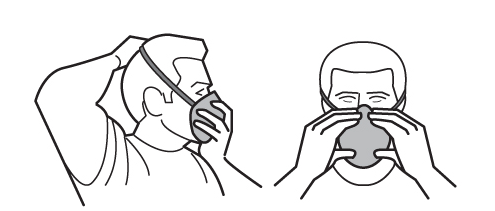The Coronaviruses are a large family of viruses originating in animals that cause illness ranging from symptoms similar to the common cold, to more severe respiratory infections, particularly to at-risk groups such as the elderly, the young and those with weakened immune systems. The current virus, believed to have originated in Wuhan China, is now known as the 2019 Novel Coronavirus Infection (2019 nCoV). There is currently no vaccine to protect against 2019 nCoV. Much like Severe Acute Respiratory Syndrome (SARS) that broke out in 2002, the coronavirus was initially transmitted between animals, but has now jumped to transmission between people, presenting a greater risk of infection. The route of transmission is mainly inhalation and comes from direct contact with some animals or close contact with infected humans. Thankfully the risk in Canada is currently evaluated as low according to the Government of Canada’s Public health Update.

In order to prepare for a potential outbreak, Pinchin suggests that personnel that may be in close contact to infected humans, such as medical health clinics and centers personnel, hospital staff and/or select immigration and border controls employees consider training and strengthening their programs on Infection Control and Respirator Protection. For respiratory protection a properly fitted N95 disposable respirator would be adequate for protection against virus inhalation. Provincial health and safety legislation require that employees that use N95 disposable respirator be trained and fit tested on the respirator bi-annually, or in some provinces annually, to ensure the respirator is achieving the required fit. A respirator used improperly can be dangerous and provide a false sense of security to the wearer. Visit the Canadian Centre for Occupational Health and Safety website for tips on wearing a respirator.

Image courtesy of Canadian Centre for Occupational Health & Safety
Our experience during the SARS infection (and again during the H1N1 outbreak) was that many organizations were ill prepared to deal with large scale fit testing, so being prepared early is recommended. If you need assistance improving your infection control programs and/or completing respirator training and fit testing for your employees, we encourage you to contact your local Pinchin office for support.
For further guidance on infection control with 2019-nCoV visit the CDC website.